Connecticut's recent foray into the cannabis industry was celebrated with the successful inaugural Connecticut Cannabis Convention, organized by NECANN this weekend. While the event highlighted the economic potential and business opportunities within the nascent industry, it also (unintentionally) shed light on the utter and total lack of cannabis culture in Connecticut as well as the homogeneity of those serving or working in the state's burgeoning cannabis industry.
Compared to other states like California, Colorado, Oregon, Massachusetts, New York, and New Jersey, Connecticut doesn’t seem to possess a unique or robust cannabis culture of its own. Aside from the conference, nowhere was this more apparent than in its strain naming where well known cannabis strains such as “Sour Diesel,” for example, or “Purple Haze,” “Chem Dawg” and “Gorilla Glue,” to name a few, can't be found.
That’s because no cannabis product sold in Connecticut will bear any of those names, or any name a cannabis consumer might be familiar with, let alone any name that sounds like a non-cannabis product.
A “Georgia Pie” anywhere else is “Cobbladex” in Connecticut. “Ice Cream Cake” is registered in Connecticut as “Tortitex.” “Sativarin” is a hybrid of “White Durban - White Fire OG x Durban Poison,” while “East Coast Sour Diesel” itself is registered in this state as “Petrolen.”
In fact, the name of the strain of cannabis bought in Connecticut will be totally different from the name of the cannabis bought in New York or in Massachusetts or in Maine even though the plant itself might be nearly identical.
As if that wasn’t bad enough, the name of every cannabis strain sold in Connecticut must be registered with AND approved by the state, and that registry lists hundreds if not thousands of product names, and they are all unique to Connecticut. Instead of “Purple Haze” or “Sour Diesel,” you might buy “Auralex” or “Baccaden.”
Yes, cannabis is medicine, but this is ridiculous.
To help make sense of this cannabis confusion, the Dabbin-Dad.com database currently has several hundred cultivars listed.
“I’ve been tracking them since the state medical program was still using numeric values,” said Paul Kirchberg of Dabbin-Dad. “When the medical program first started, you weren't even buying ‘Sour Diesel’ or ‘Sativarin X.’ You were buying ‘1515075.’ That's what you're buying.”
The Significance of Cannabis Culture & Why Connecticut Needs It
Cannabis culture encompasses a range of attitudes, traditions, and activities that surround the plant. It is a way of life that extends beyond mere consumption and encompasses a sense of community, education, social activism, and creativity.
Cannabis culture helps to break down stereotypes, challenge stigmas, and create an inclusive environment for cannabis enthusiasts. The establishment of a strong cannabis culture is essential for destigmatizing cannabis use, fostering responsible consumption, and promoting education about its potential benefits.
Lessons from States with Established Cannabis Cultures
States such as California, Colorado, Oregon, Massachusetts, New York, and New Jersey have already experienced the transformative power of a thriving cannabis culture. These states have embraced cannabis as more than just a product; it has always been and has become even more a cultural movement that brings people together, encourages innovation, and supports local businesses.
In California, for example, cannabis culture has been deeply ingrained for decades, with the state's rich history of cannabis advocacy and counterculture. The vibrant cannabis scene in places like Humboldt County and the Bay Area has fostered a sense of identity and community among cannabis enthusiasts.
Similarly, Colorado's cannabis culture has evolved alongside its progressive legalization efforts, transforming Denver into a cannabis epicenter and creating a unique experience for locals and tourists alike.
Cannabis culture in states like Oregon and Massachusetts has become intertwined with art, music, and festivals. These states have witnessed the emergence of cannabis-themed events, concerts, and gatherings that celebrate the plant and provide platforms for education, networking, and creativity.
Furthermore, New York and New Jersey have recognized the importance of cannabis culture in fostering support for legalization, as demonstrated by the emphasis on social equity, community engagement, and inclusivity in their respective cannabis programs. In New York, Cannabis and Hip-Hop are so intertwined they can’t be decoupled from one another, so too with art, fashion and street culture.
The Potential for Connecticut's Cannabis Culture
Connecticut's adult-use cannabis industry is still in its early stages, and the development of a strong cannabis culture will play a pivotal role in shaping public perception, driving social acceptance, and supporting further legalization efforts.
As this weekend’s NECANN conference in Hartford demonstrated, Connecticut’s journey into the cannabis industry presents an opportunity to build a vibrant cannabis culture that goes beyond mere commerce, but it has a lot of work to do to be more inclusive, more relevant and less confusing and homogenous.
By drawing inspiration from states with established cannabis cultures, Connecticut can foster an environment that celebrates the plant, promotes responsible use, and supports social equity. Through community engagement, education, artistic expression, and a commitment to inclusivity, Connecticut can cultivate a cannabis culture that not only enhances the industry's growth but also contributes to the overall well-being and progress of the state.



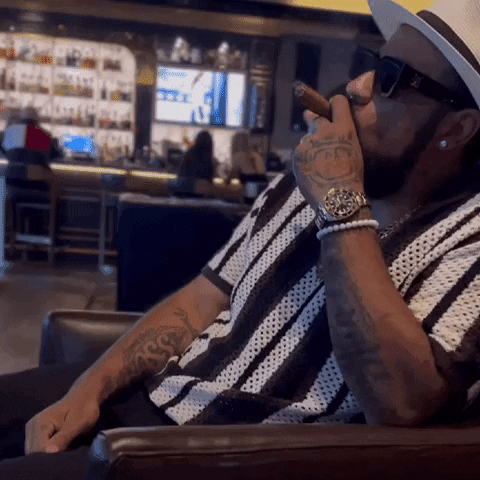

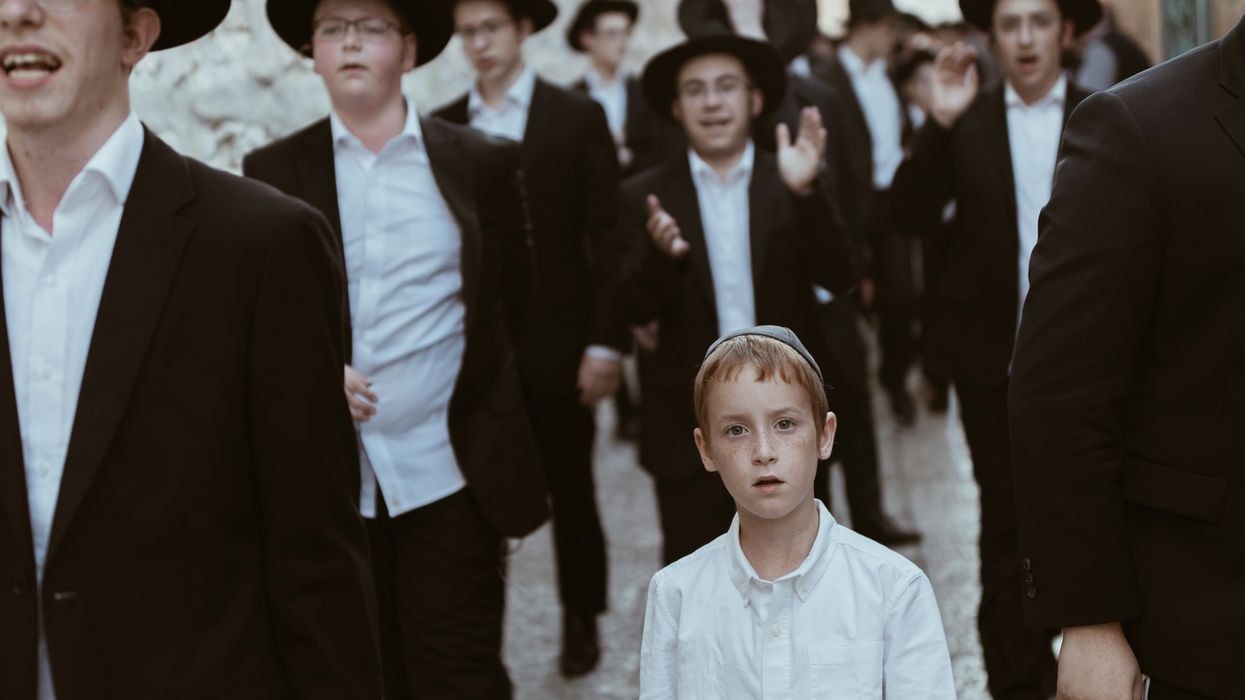

 Cannabis and Aging: A Groundbreaking Study Challenges Long-Held Beliefs
Photo by
Cannabis and Aging: A Groundbreaking Study Challenges Long-Held Beliefs
Photo by 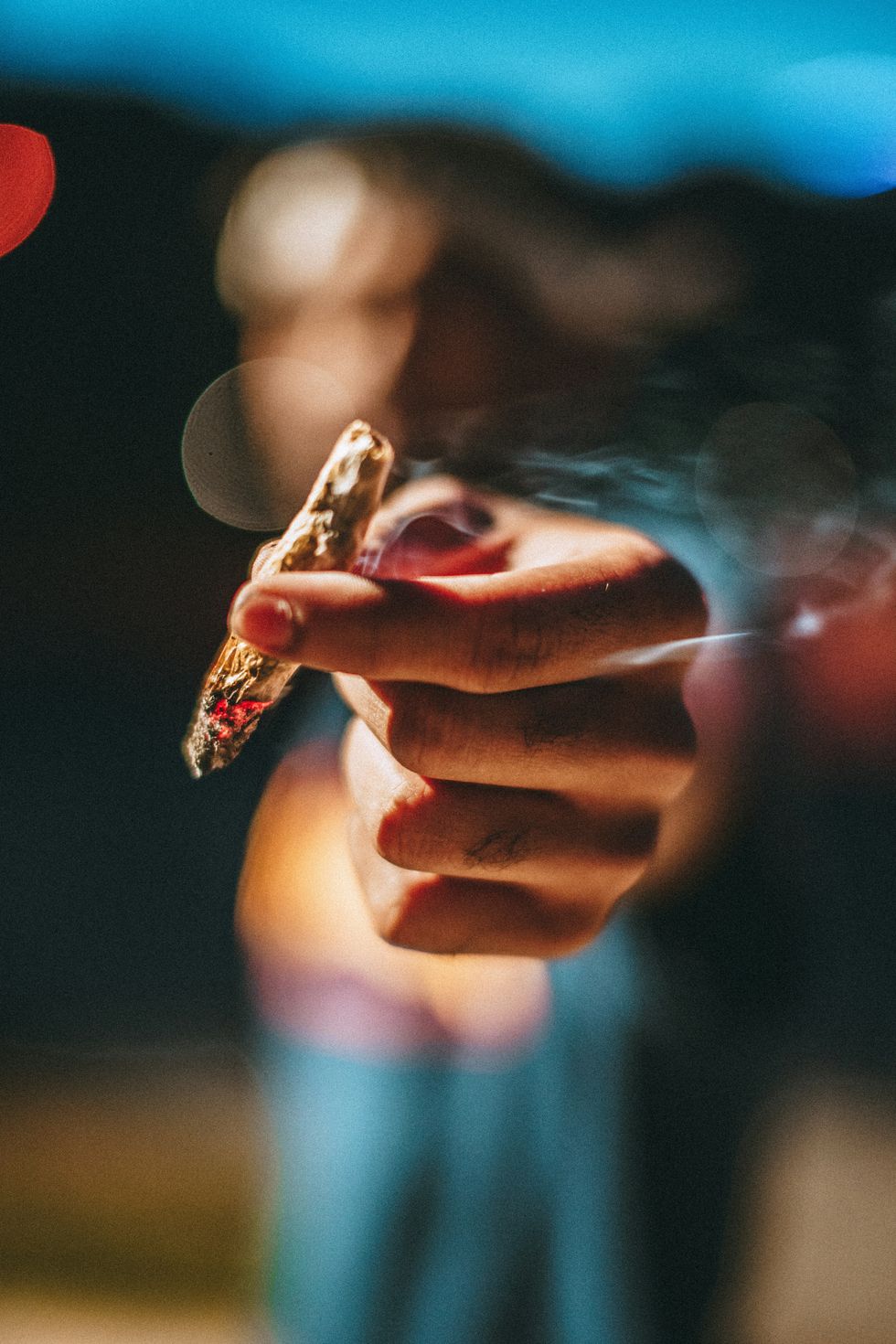 Cannabis and Aging: A Groundbreaking Study Challenges Long-Held Beliefs
Photo by
Cannabis and Aging: A Groundbreaking Study Challenges Long-Held Beliefs
Photo by 






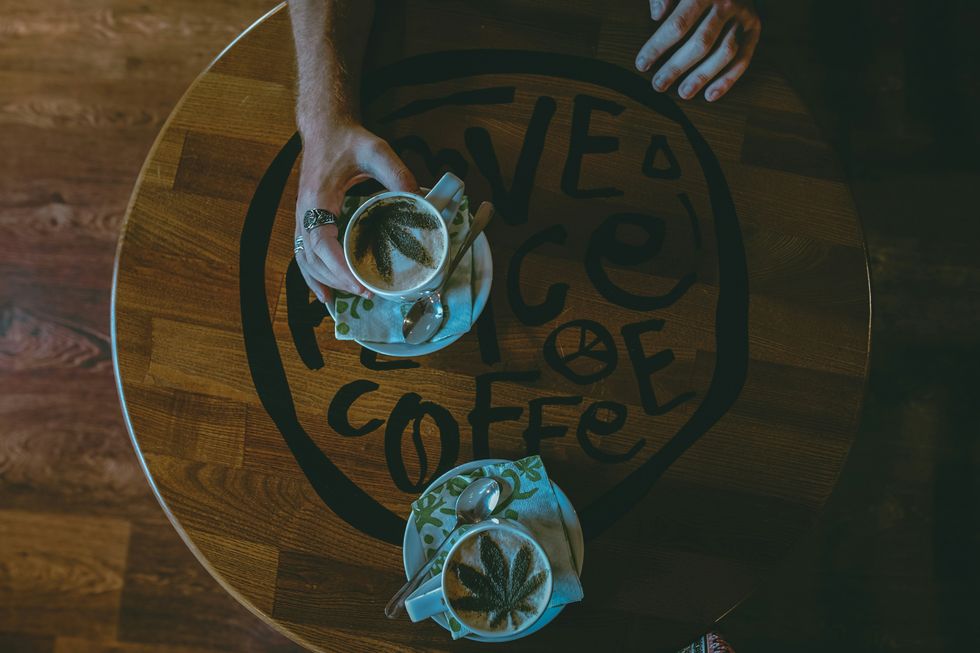 Coffee & Weed: A Modern Spin on the Hippie Speedball - The Bluntness
Photo by
Coffee & Weed: A Modern Spin on the Hippie Speedball - The Bluntness
Photo by 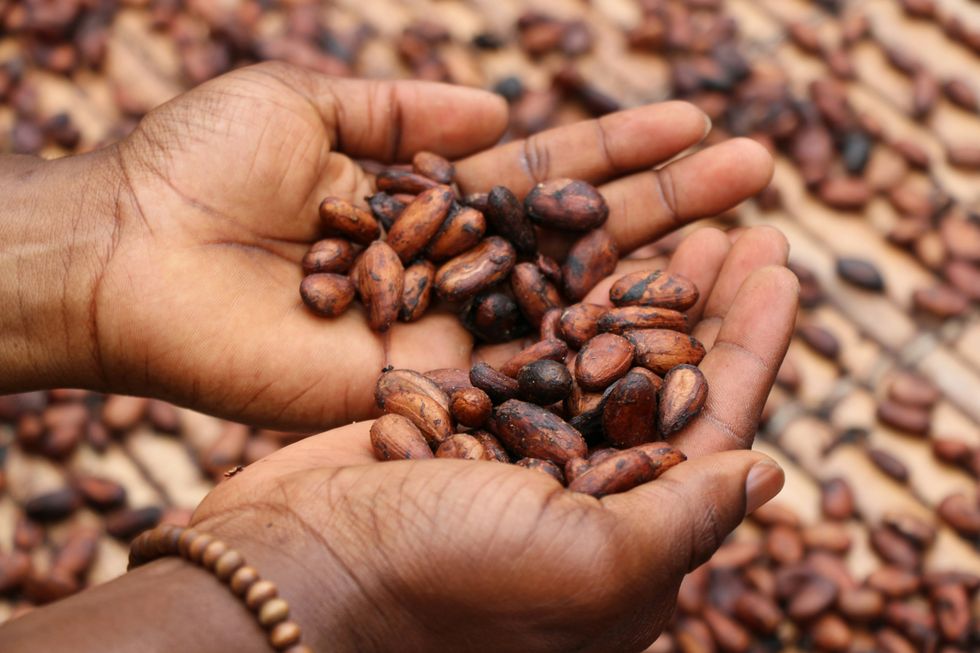 Coffee & Weed: A Modern Spin on the Hippie Speedball - The Bluntness
Photo by
Coffee & Weed: A Modern Spin on the Hippie Speedball - The Bluntness
Photo by 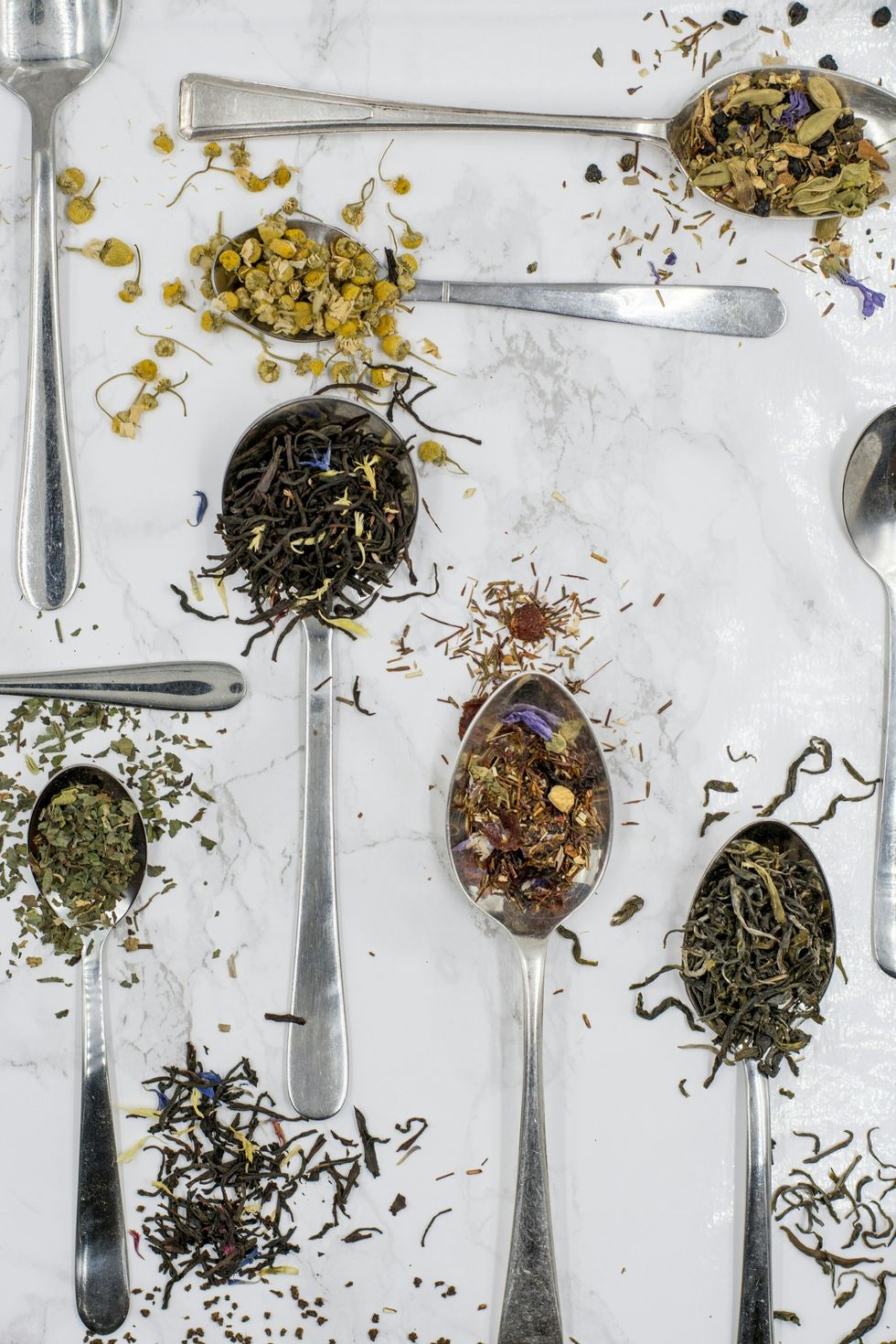 Coffee & Weed: A Modern Spin on the Hippie Speedball - The Bluntness
Photo by
Coffee & Weed: A Modern Spin on the Hippie Speedball - The Bluntness
Photo by 



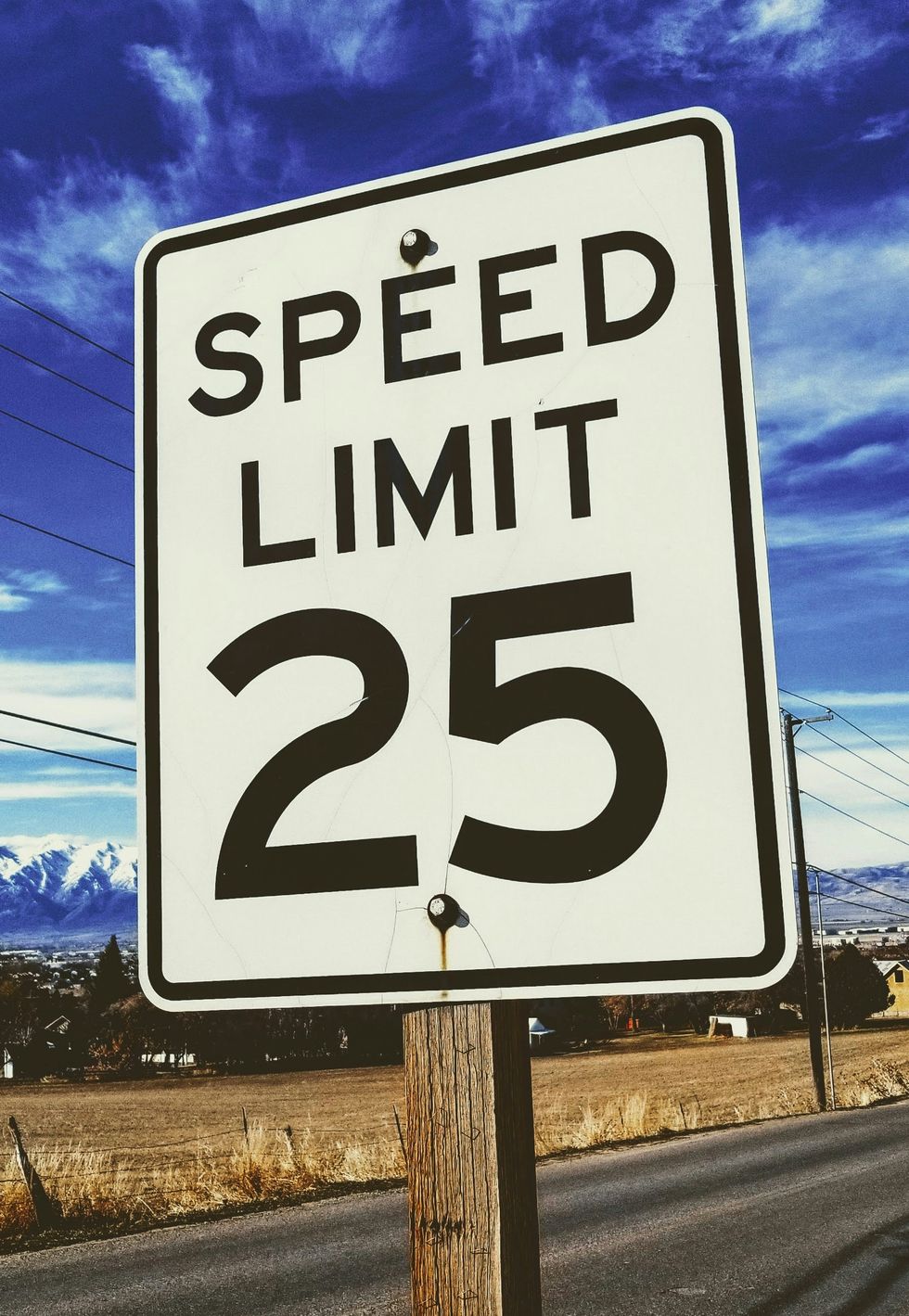



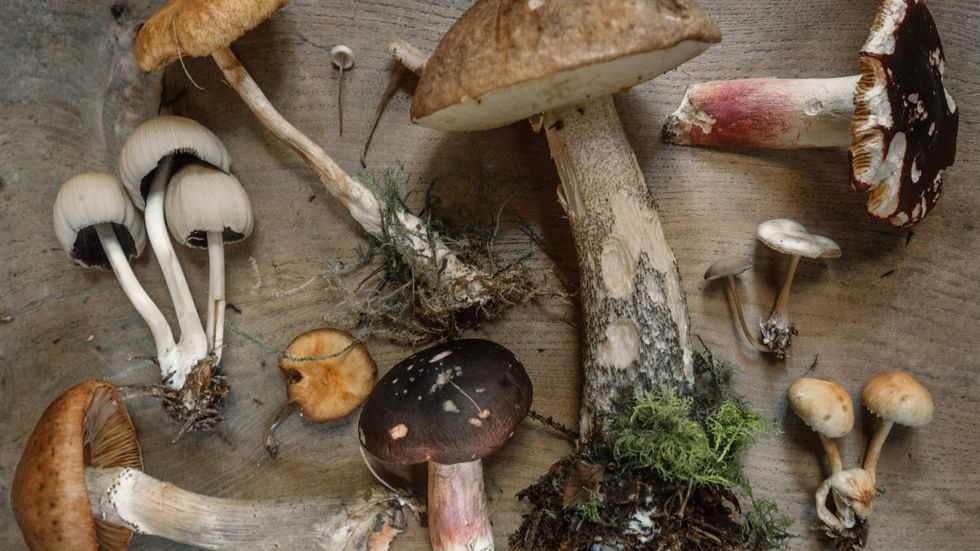 How Long Do Shrooms Last? Magic Mushroom Guide for Beginners - The Bluntness
How Long Do Shrooms Last? Magic Mushroom Guide for Beginners - The Bluntness Psilocybin can provide a life-altering experience. -The Bluntness
null
Psilocybin can provide a life-altering experience. -The Bluntness
null
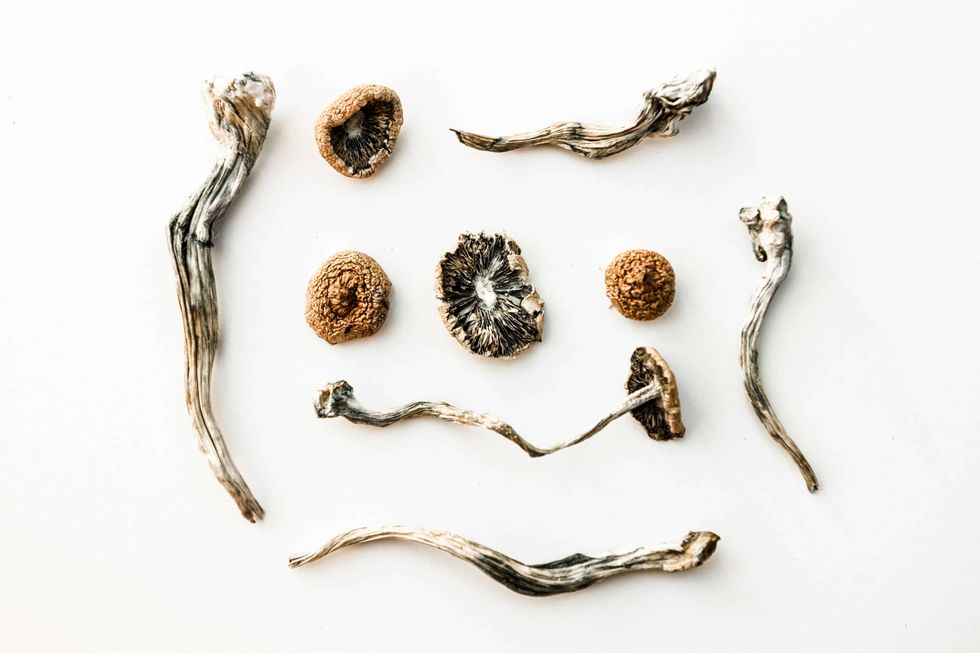 “Don’t diddle the dose. Once you have done your homework, go for it.” -- Terence McKenna
The Bluntness
“Don’t diddle the dose. Once you have done your homework, go for it.” -- Terence McKenna
The Bluntness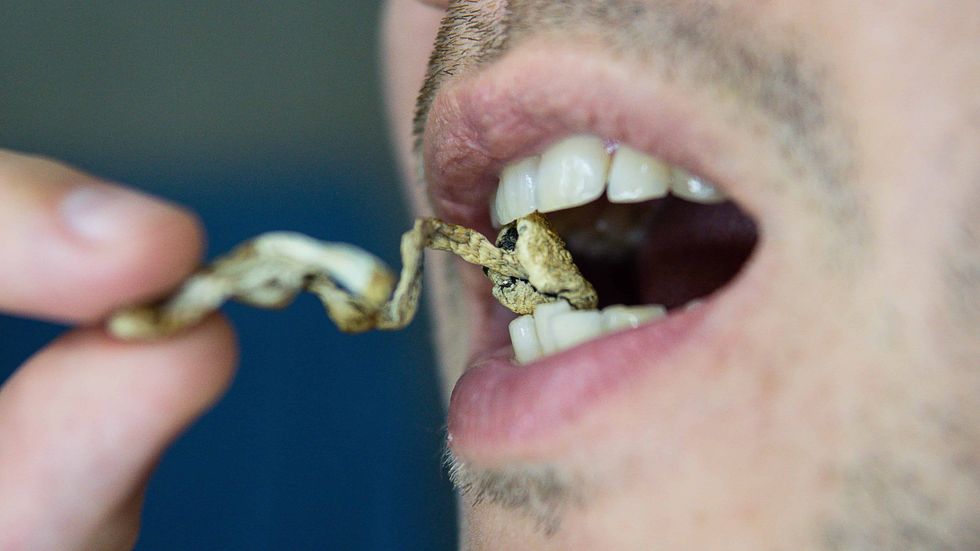 These mushrooms taste gross, but there are ways around that.The Bluntness
These mushrooms taste gross, but there are ways around that.The Bluntness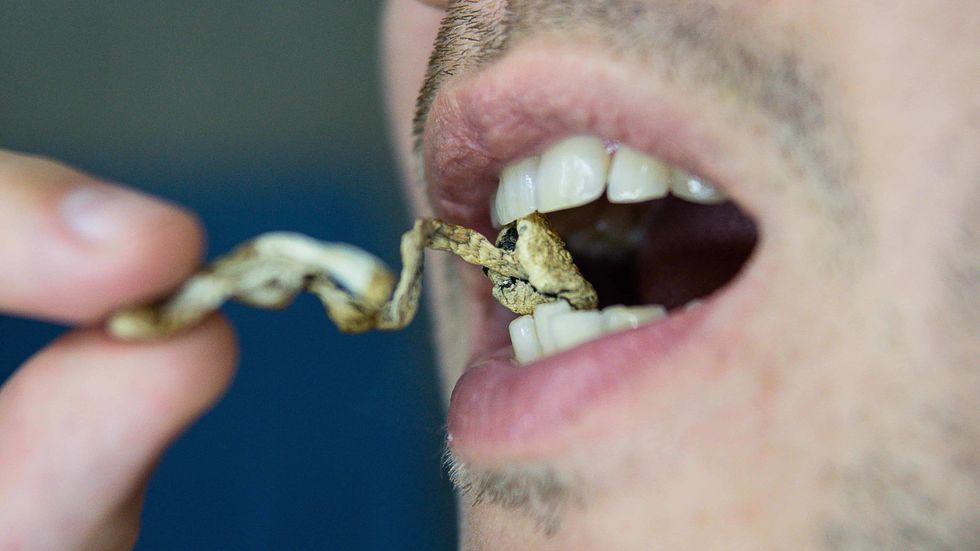 These mushrooms taste gross, but there are ways around that.
These mushrooms taste gross, but there are ways around that.
 How Long Does One Hit of Weed Stay in Your System
How Long Does One Hit of Weed Stay in Your System How Long Does One Hit of Weed Stay in Your System
How Long Does One Hit of Weed Stay in Your System How Long Does One Hit of Weed Stay in Your System
How Long Does One Hit of Weed Stay in Your System